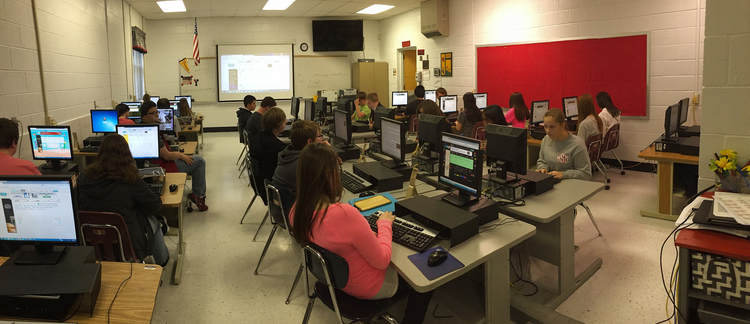EDITORIAL: Reflections on Open Access
Betül Czerkawski
Editor, ITLT
Nicole Schmidt
Managing Editor, ITLT
As we approach our 8th year as an open access journal, we would like to reflect on what open access means to scholars all over the world in 2020. At the most basic level, open access refers to profit versus non-profit academic publishing processes and procedures. This means that in an open access system, there are no fees paid to the publishers to either publish or view a scholarly work. It should be noted that most free information sources available today, such as Wikipedia, Google, Siri, Alexa, and others rely heavily on the information that is open access and free of charge. Most prestigious academic publications, however, use profit-driven business models which require substantial fees for their consumers. Open access journals do not fit into one category, and while profit is not their purpose, they still need varied levels of support. For instance, our journal is a ‘platinum open access’ journal where no author or reader pays any fees, but we are in existence due to generous support by the University of Arizona’s Library system and the UArizona College of Applied Science and Technology.
Today, scholars have some options for where to publish their work. Evidently, there are disciplinary differences, and many universities and departments have specific criteria for promotion and tenure, so a young scholar has to be mindful about where to publish their work. However, in the past 10 years, we have come a long way in acknowledging the significance of open access journals, as today many universities value open access journals as much as they value subscription-based journal publications. Open access journals have a quicker turnout rate, their peer-review process is rigorous, publications are accessible providing scholars convenient dissemination opportunities via the Internet, and the authors keep their copyrights. This, of course, does not mean that all open access journals are equal. Scholars have to be careful about the quality of the review process, information about the publishing procedures, and instructions for the authors provided in the open access journals.
In the end, though, what counts is the quality of the scholarship. In Ernest Boyer’s (2015) categories of scholarship, “scholarship of discovery” comes first. This term means that one of the main purposes of publishing our work is to contribute to the body of existing knowledge by producing meaningful, new, and original research. Boyer also notes that scholarship is an inclusive process wherein various dimensions are integrated. In other words, scholarship is not only about ‘discovering’ new information, but also synthesizing existing work or getting involved in ‘applied’ research activities to improve one’s teaching. A scholar is someone who is engaged in research that is multi-faceted and inclusive in terms of the types of activities that are produced, and the value of their scholarship depends on the quality of the work, regardless of what kind of scholarship activity is being pursued.
Open access journals can lead the way to representing the new scholar in the 21st century and highlighting their contributions to the global good. About 10-15 years ago, open access journals created a new venue for researchers, but now that the venue is established, what comes next? For instance, how do the higher education institutions incentivize their faculty when they publish in open access journals? As there are new ideas for peer review process (Fresco-Santalla & Hernandez-Perez, 2015), how can open access journals adopt the new methods of peer review while keeping the traditional rigor? What other conceptual changes can be supported by the open access journals that can give way to a more inclusive scholarship, as described by Boyer?
Issues and Trends in Learning Technologies is particularly interested in supporting graduate students and young scholars who are new in the publishing process. Over the past eight years, we have worked extensively with new scholars to get their work ready for publication in our journal. We have met with many graduate students virtually from all over the world while learning more about their professional context. Please keep those papers coming in.
References:
Boyer, E. (2015). The scholarship reconsidered: Priorities of the professoriate . (Expanded edition). Jossey-Bass.
Fresco-Santalla, Ana & Hernández-Pérez, Tony. (2015). Current and evolving models of peer review. The Serials Librarian. 67 . 373-398. 10.1080/0361526X.2014.985415.

